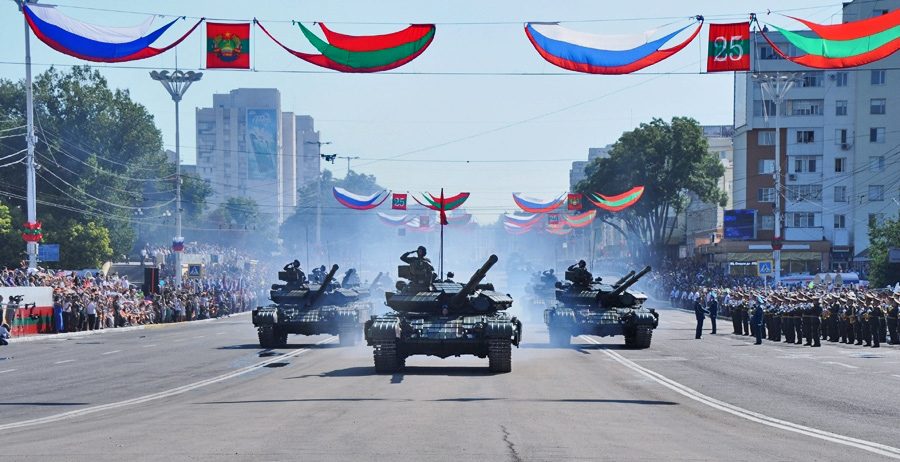
Russian gas cutoff triggers rolling blackouts in Moldova’s pro-Russian Transnistria
Transnistria has implemented rolling blackouts following the termination of Russian gas supplies, as local authorities report increased electricity consumption amid heating shortages. According to Moldovan news outlet NewsMaker, the Russian-controlled region’s de facto leader Vadim Krasnoselsky claimed on 3 December that rolling blackouts were unavoidable to preserve the power system’s integrity.
Since 1 January, residents of Moldova’s Transnistria have been without gas, heating, or hot water due to Russia’s gas cutoff, halting industrial operations. Moldovan authorities manage the crisis with electricity imports, while Transnistrian de facto leaders rejected European gas offers, hoping for Gazprom’s unrealistic supply resumption. Transnistria hosts Russian troops since the 1990s, and claims its alleged independence from Modova.
Krasnoselsky claimed:
“Rolling blackouts are necessary to save the system.” .
Local power utilities have urged residents to use energy-efficient appliances and avoid running multiple devices simultaneously. According to the announced schedule, one-hour power outages will affect Tiraspol, Bender, Rybnitsa, and surrounding villages between 18:00 and 22:00.
Krasnoselsky claimed that 1,500 apartment buildings are without heating and hot water, nearly 72,000 detached homes lack gas, and 150 boiler houses are shut down. Without centralized heating, accommodations are cooling down, leading to increased electricity consumption. The sudden surge in power load has resulted in emergency situations.
“Fortunately, our region is rich in timber, and supplies are still available, with solid fuel distribution points open in every district,” optimistically added the pro-Russian leader.
The region’s de facto authorities have addressed 136 power grid failures in recent days, with 3,227 customers temporarily losing power and heat. Officials expect the load on the power system to continue increasing.
Related:












